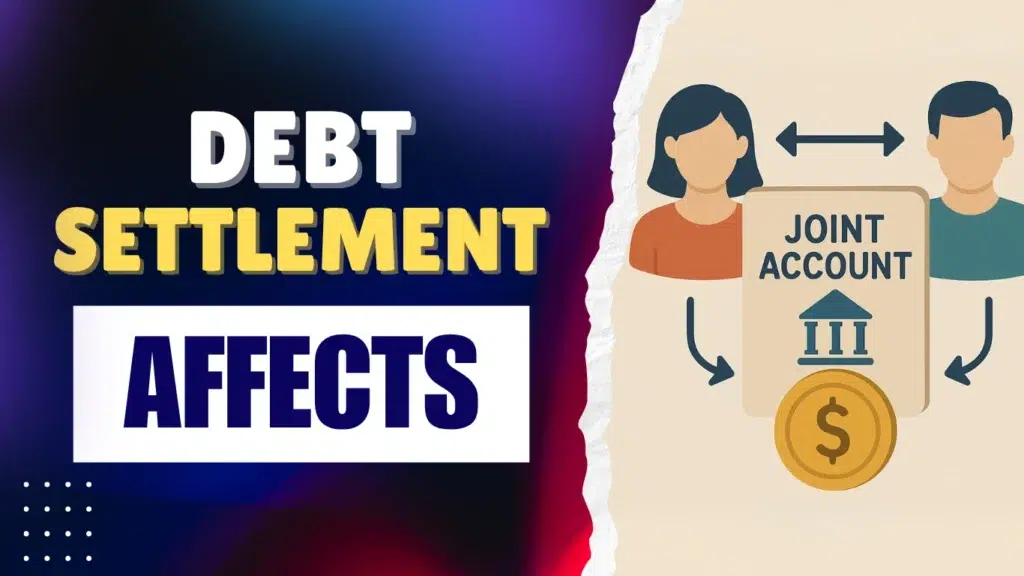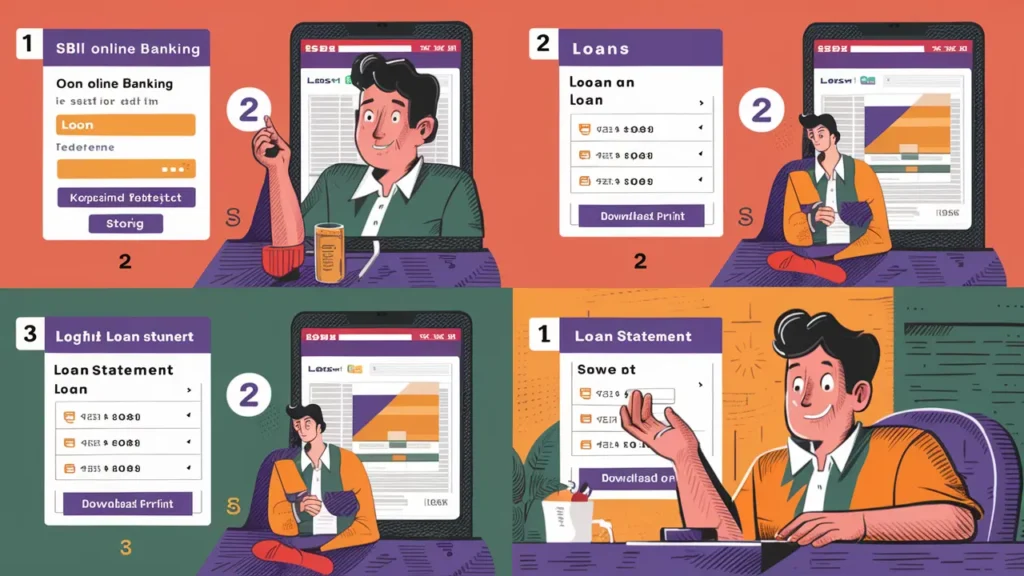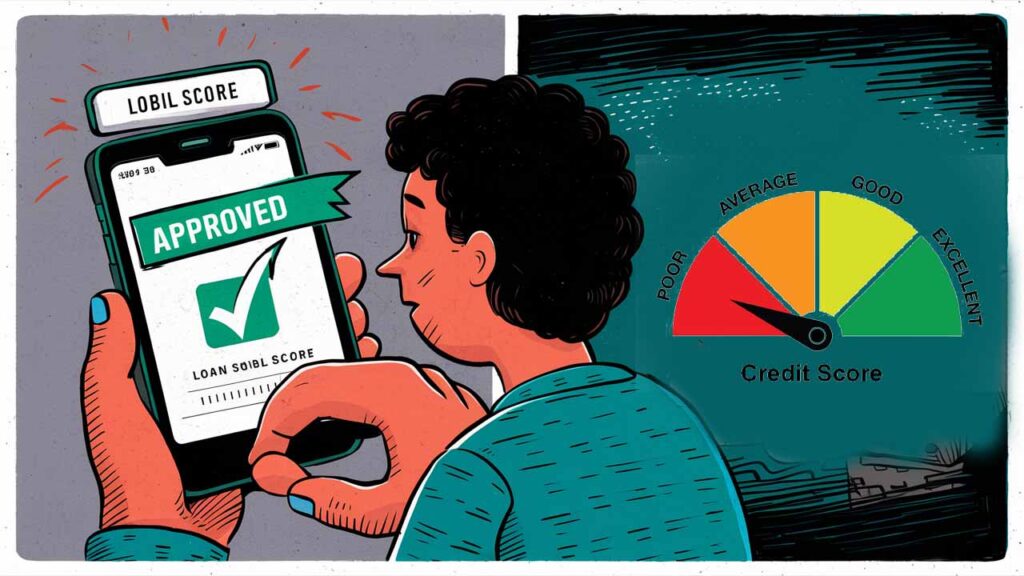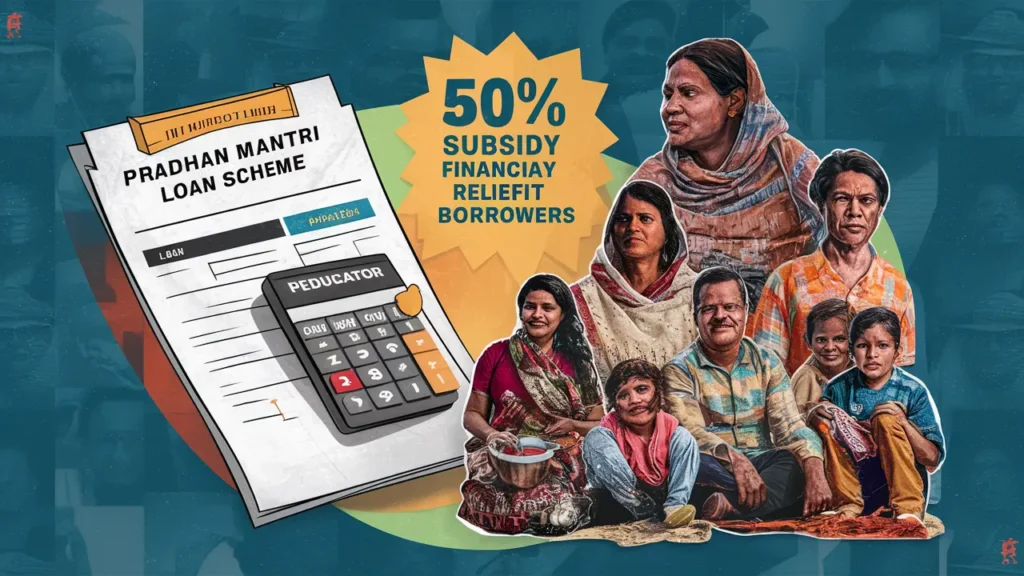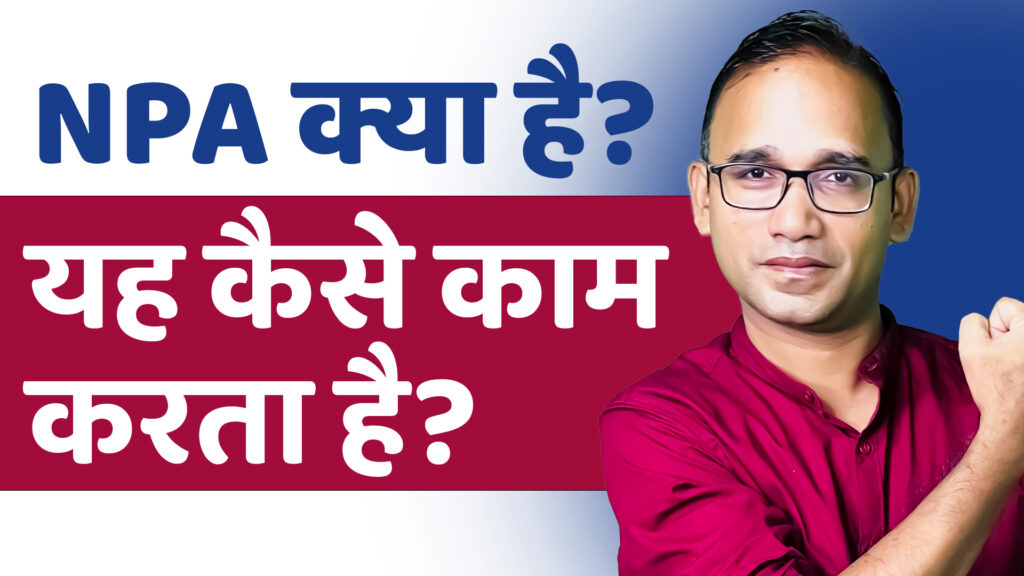Summary
The repayment of a joint loan is also the obligation of a co-borrower. If one borrower settles the obligation and both are not listed in the agreement, the co-borrower is also legally and economically affected. The records will both be reflected in the credit reports as “settled,” decreasing the credit grades and the ability to borrow in the future. Even if the co-borrower did not take part in the settlement, his credit and legal position remain at risk. To safeguard themselves, co-borrowers must keep involved in the process, review letters of settlement, and check credit records. The settlement of a joint loan without agreement can lead to conflict as well as legal issues. Joint loan settlements are more complex than settling a single debt and affect more than an individual’s credit. Avoiding problems and protecting credit scores is primarily based on complete awareness and proper documentation.
Introduction
For huge expenses such as house, education, or personal needs, debt settlement affect joint accounts is relatively common. There are two individuals called co-borrowers who are equally liable for loan repayment in such cases. If one borrower decides to pay the loan because of financial troubles, though, what is the consequence? Most people do not realise that loan settlement affects not only the person who is settling with the lender, but also both borrowers. The settlement could impact credit scores, future loan approvals, and even lead to litigation. All about the obligations of the co-borrower after the settlement of the loan is covered here. It deals with what the legal risks are, the impact of the settlement on the credit score, and how the co-borrowers can protect themselves.
Co-Borrower Liability After Debt Settlement
Common for home loans, university loans, and sizable personal loans are joint loans. Many question what happens to the co-borrower when financial difficulty results in a debt settlement. Knowing co-borrower liability following debt settlement helps one stay out of legal hot water or damage to credit going forward.
What is a Co-Borrower?
A co-borrower is someone else equally liable for debt repayment. Both borrowers in a joint loan agree upon the terms and are legally obligated to pay back the whole amount. Loan eligibility is typically improved using the co-borrower’s credit profile and income.
A co-borrower is equally liable, unlike a guarantor; they are not only a backup. This implies that the financial responsibilities of the co-borrower do not always stop even if one borrower pays the loan or defaults.
What Happens to the Co-Borrower After a Loan Settlement?
The settlement of a combined loan impacts both of the borrowers. Unless the bank has expressly decided to overlook it, the co-borrower is not free from obligation.
Equal Responsibility Continues
Unless both parties are named in the agreement, the co-borrower is still accountable even if one borrower settles a debt. Should the settlement only involve one party, the bank could still be requesting payment from the co-borrower.
Make sure both names are included into the settlement procedure to steer clear of this. Verify that the settlement letter confirms the agreement covers both debtors.
Credit Report Impact for Both
Once a shared loan is paid off, the record shows on the credit reports of the borrower and the co-borrower. The account will probably be labelled as “settled” instead of “closed,” which would lower credit ratings.
Though they were not the one who asked for the settlement, this can influence the future loan or credit card applications of the co-borrower. Participating on a shared loan ties their financial profile to the settlement record.
Risk of Legal Action
Should the settlement be partial and not entirely respected, or if there is unclear contact with the bank, the co-borrower could still be subject to legal notifications or recovery calls. This occurs when the bank feels it can still make an additional recovery from the second party.
Always make clear the whole contents of the settlement and ask for a signed statement releasing both borrowers from additional obligations. This prevents ambiguity or later assertions.
How Co-Borrowers Can Protect Themselves
Be Involved in the Process
Get involved in the correspondence if you are a co-borrower and the main borrower is loan-settling. Show up for meetings, check over paperwork, and make sure the written settlement letter contains your name. Assume not that the problem is fixed without evidence.
Examine the Settlement Letter Closely.
The names of both borrowers, the settlement amount, the payment date, and a condition stating that no more recovery from either party should all be included in the last settlement letter. Ask the bank to change the letter before payment if any item is absent.
Monitor Credit Reports
Review your credit report following the settlement to be sure it fairly shows the settlement status. Should mistakes show up, protest with the credit bureau and offer supporting documentation.
Joint Loan Debt Settlement Credit Score Impact
Two people borrowed money together and have equal responsibility for repayment. Should financial problems develop, paying up the loan with the bank would seem to be the best option. Many consumers, nevertheless, are not aware of how this affects both of their credit profiles. One has to initially completely grasp the combined loan debt settlement credit score consequence before proceeding.
What Happens in a Joint Loan Settlement?
Legally speaking, both debt settlement affect joint accounts; borrowers have to pay back the total loan balance. Should one borrower fail to pay and the loan becomes difficult to manage, both could agree to contact the bank in search of a settlement. One pays a smaller lump sum to close the loan account.
Once the bank writes off the outstanding debt and accepts the offer, the credit report shows the account as “settled” instead of “closed”. Although it would stop efforts at recovery, this could lower credit ratings.
Credit Score Impact on Both Borrowers
Equal Impact on Credit History
Since the loan was taken out jointly, credit records include all activity related to it—including settlement. Credit bues provide the same straight from the bank data for every borrower. This suggests that even one person negotiating a settlement will show credit ratings reflecting it.
The loan was paid back partially as agreed upon, hence the word “settled”. This lowers the credit score and is noted for several years.
Difficulty in Getting Future Loans
Once a combined loan is listed as paid off, it can debt settlement affect joint account and credit card or loan applications for both borrowers moving forward. Lenders may see them as more dangerous borrowers even if their other records are in great shape.
This can especially be problematic for co-borrowers who were not involved in the decision on settling. A spouse or relative may be denied or exposed to higher interest rates just based on the similar loan history.
No Separate Record for Good Intentions
Some debtors believe their credit would be spared if they were not involved in the settlement choice. Unfortunately, credit bureaus do not discriminate based on internal conflicts or personal goals. Whether or not one started the settlement, a joint loan shows both are equally affected.
How to Reduce the Damage
Communicate With the Bank Together
Before choosing a combined loan, both of the borrowers should pay a visit to the bank. Make sure the settlement agreement has both names and that the clauses are clear. This shows shared agreement and helps to prevent later ambiguity.
Plan for Credit Repair
Start repairing credit following the settlement. Lower credit card debt, pay other EMIs on time, and avoid borrowing extra loans. Over time, these actions can enable borrowers to restore their creditworthiness.
Monitor Your Credit Report
Review your credit record after the settlement to be sure it fairly depicts the changed loan position. Should errors or if the debt seems to be current, challenge with the credit bureau and offer proof of settlement.
Protect Credit in Joint Loan Settlement
Common among couples, brothers, or business partners are shared loans. What happens, though, when your co-applicant makes loan payments without your full involvement? Many borrowers find it shocking when their credit score suffers from another person’s choice. If you want to protect your credit in joint debt settlement, there are specific steps you may take both before and following the process.
How Joint Loans Affect Both Parties
Every applicant under a shared loan has equal liability. The bank handles both primary and secondary applicants without regard when reporting to credit bureaus and debt settlement affect joint account. Credit histories also indicate any payment delays, defaults, or settlements.
Once one borrower pays a smaller loan amount, the bank notes the account as “settled.” This status shows that the original loan agreement was breached and compromises credit ratings.
What Happens If Your Co-Applicant Settles Without You
Damage Credit Score
Your credit report will show the “settled” status even if you had little bearing on the settlement negotiations. This can damage your credit score and complicate your access to loans, credit cards, or attractive interest rates.
Future Lending Risks
Lenders are wary to approve next credit applications when they come across earlier loans that were not fully paid. This undermines your financial situation, even though your credit record was clean before the settlement.
How to Protect Your Credit in Advance
Stay Informed About the Loan
Often review the loan account. Ask for joint access to loan documentation and payment updates. If your co-borrower exhibits signs of financial trouble, discuss early on other options before settlement is called for.
Communicate with the Bank
Tell the bank personally whether your co-borrower plans to pay back. Clearly say that you want to participate in all papers and discussions. Make sure the settlement agreement has your name and specific conditions.
This ensures that, should needed, both sides can be utilised as proof since both sides are formally engaged in the settlement process.
Request Written Confirmation
Should a settlement move forward, ensure the bank writes a debt settlement affect letter listing both candidates by name. One should be saved for your records. This paperwork is quite important if your credit report shows errors or discrepancies.
How to Fix Credit After a Settlement
Monitor Your Credit Report
Once you have settled, check your credit report to be sure the loan is noted correctly. Send the settlement documents and challenge any amount or status that seems off with the credit bureau.
Focus on Other Credit Accounts
Keeping excellent credit score will depend on your behavior with loan or credit card repayment. Limit your credit consumption, avoid missing EMIs, and avoid immediately asking for more loans.
Consider a Secured Credit Card
Should your credit score decrease after the joint settlement, a secured credit card backed by a fixed deposit can help you progressively to rebuild your credit history. This instrument helps you to keep accurate records of repayment.
Settle Joint Loan Without Co-Borrower Consent
Joint loans are intended to distribute two or more borrowers for repayment. But supposing one borrower wishes to pay off the loan and the other objects? Many individuals wonder if it is possible to pay off a joint loan without the co-borrower’s permission. Knowing the guidelines will help you keep your credit and legal standing intact.
What Is a Joint Loan?
A joint loan is a financial arrangement made by two people pledging to pay back the debt collectively. Whichever person uses the money, both are equally liable for the whole payback. Banks decide the terms and approve the loan using both credit profiles of the applicants.
Should one borrower default or make a settlement offer, the whole debt settlement affect loan is affected including credit score and legal responsibility for the other borrower.
Can One Borrower Settle Alone?
Bank Approval Often Requires Both Parties
Generally speaking, banks want that both borrowers consent to any settlement. Usually, the bank requires signatures from both as both are legally accountable to handle a settlement. This guards the bank from upcoming conflicts.
In other cases, though, a bank might let one party go forward alone—particularly if the other borrower is unavailable, inattentive, or reluctant to participate. The deal will still effect both borrowers even then.
Consent May Be Skipped, But Not Without Consequences
Rarely should banks agree a unilateral settlement on a loan classified as either severely past-due or a non-performing asset. Conversely, settling the debt without informing the co-borrower could have serious consequences like incorrect documentation, credit damage, and legal dispute.
Later on, the co-borrower can claim either ignorance or that their rights were violated. This can produce issues with credit bureaus or may lead to legal disputes among the borrowers.
How It Affects the Co-Borrower
Credit Score Impact
Should one person pay off the shared loan, credit records show the “settled” status. Even if the other person disagreed with or knew nothing about the settlement, this lowers both borrower credit scores.
Credit bureaus serve all consumers equally. They only note the final loan status; they do not monitor who paid or made decisions.
Legal and Financial Risks
For any debt not covered by the settlement, the co-borrower could still be contacted by the banks. Recovery action can still be pursued against either side should the terms of the settlement seem vague or if the money was paid differently than agreed upon.
Therefore, protecting borrowers depends on complete documentation and mutual agreement.
What to Do If You’re the Co-Borrower
Stay Involved in the Loan
Watch the account often if you are on a joint loan. Get updates from the bank and make sure you are informed about any settlement talks. Assume not the other borrower will treat matters fairly.
Request Settlement Documentation
Ask the bank for a copy of the settlement letter should the debt is paid off. Verify it includes your name and that the terms are unambiguous. This guards you against credit mistakes or future conflicts.
Joint Loan vs Individual Loan Settlement
Loan settlement becomes one of the choices open to borrowers facing financial difficulties in order to lower debt settlement affect load. Still, the procedure and effects of settling a shared debt as opposed to a personal loan differ. Knowing these variances enables borrowers to make wise decisions and prevent unanticipated credit problems or legal concerns.
What Is Loan Settlement?
debt settlement is the procedure whereby the borrower works with the bank to close the debt by paying a smaller lump sum. Usually, this choice is taken into consideration when the borrower has real financial difficulty and cannot pay back the whole outstanding debt.
Although the bank classifies the credit report as “settled” rather than “closed,” which can negatively affect credit scores, it decides to accept a smaller amount and regards the debt as settled.
Understanding Individual Loan Settlement
How It Works
Under an individual loan, the borrower just has to make repayments. Should the borrower default and then pay back the debt, the process is simple. The bank deals with just one party, hence the result only affects the credit record and financial situation of that individual.
Credit Score Impact
The “settled” marker on a credit report lowers the borrower’s credit score. But since the loan is only in one name, no credit report of the other is impacted.
Legal Responsibility
The borrower is legally released from additional borrowing once the settlement is finalised and verified in paper. Should the conditions of the settlement completely satisfy the bank, it cannot take further action.
Understanding Joint Loan Settlement
Shared Liability
Both debtors of a joint loan are legally and financially accountable. Even if they disagree with or participate in the process, if one borrower suggests a settlement, the other is still impacted. Most banks demand both signatures and prefer both borrowers to be active in settlement negotiations.
Credit Impact on Both Borrowers
On both borrowers’ credit records, the “settled” status shows and reduces their ratings. This makes it more difficult for both of them, even if one borrower has a solid credit record, to qualify for future borrowing.
Ongoing Legal Risks
Should the terms of the settlement deviate from accepted standards, or if just one borrower accepts the agreement, the bank may proceed with recovery activities against another. Legal alerts, calls for collection, or civil lawsuits can all fit under this.
Key Differences Between Joint and Individual Settlements
Parties Involved
One person and one credit report is handled in an individual debt settlement Affect everyone mentioned on the loan, a combined debt settlement consists of two or more borrowers.
Complexity and Documentation
Joint homes call for more documentation and careful coordination. The final settlement letter should list both borrowers and have clear, accepted terms for each.
Usually, when only one person is engaged in talks and approvals, individual settlements are faster and easier.
Future Credit Opportunities
Joint settlements compromise the credit profiles of all those engaged, therefore limiting borrower access to credit cards or loans. Just one person’s financial reputation is impacted in each settlement.
Conclusion
It is a major decision to make a combined loan settlement, and it debt settlement affects the primary borrower as much as the co-borrower. Legal issues can also arise despite having only a single management of the settlement. Co-debtors’ credit scores can be affected even when single management is carried out. Co-borrowers should therefore be actively engaged in the entire process, from negotiations to the settlement letter. You should always check your credit report after the settlement; ensure your name is exactly included in all entries. If errors appear, act quickly to have them corrected. Open communication with your co-borrower and the bank will ensure you steer clear of future problems. Shared debts are joint obligations, remember. Know your rights and be up-to-date to protect your financial future after settling the debt and to protect against damage to your credit.
FAQ’s
Ans: A co-borrower is someone else equally liable for debt repayment. Legally, both borrowers have to pay back the entire loan.
Ans: True. The “settled” status that results from a combined loan shows on both borrowers’ credit records and can reduce their credit ratings.
Ans: Typically, banks demand both borrower clearance for a settlement. Sometimes one borrower settles alone, although this can result in credit or legal problems for the other.
Ans: Keep active in the process; make sure your name is on settlement records; contact the bank; and check your credit report for accuracy.

